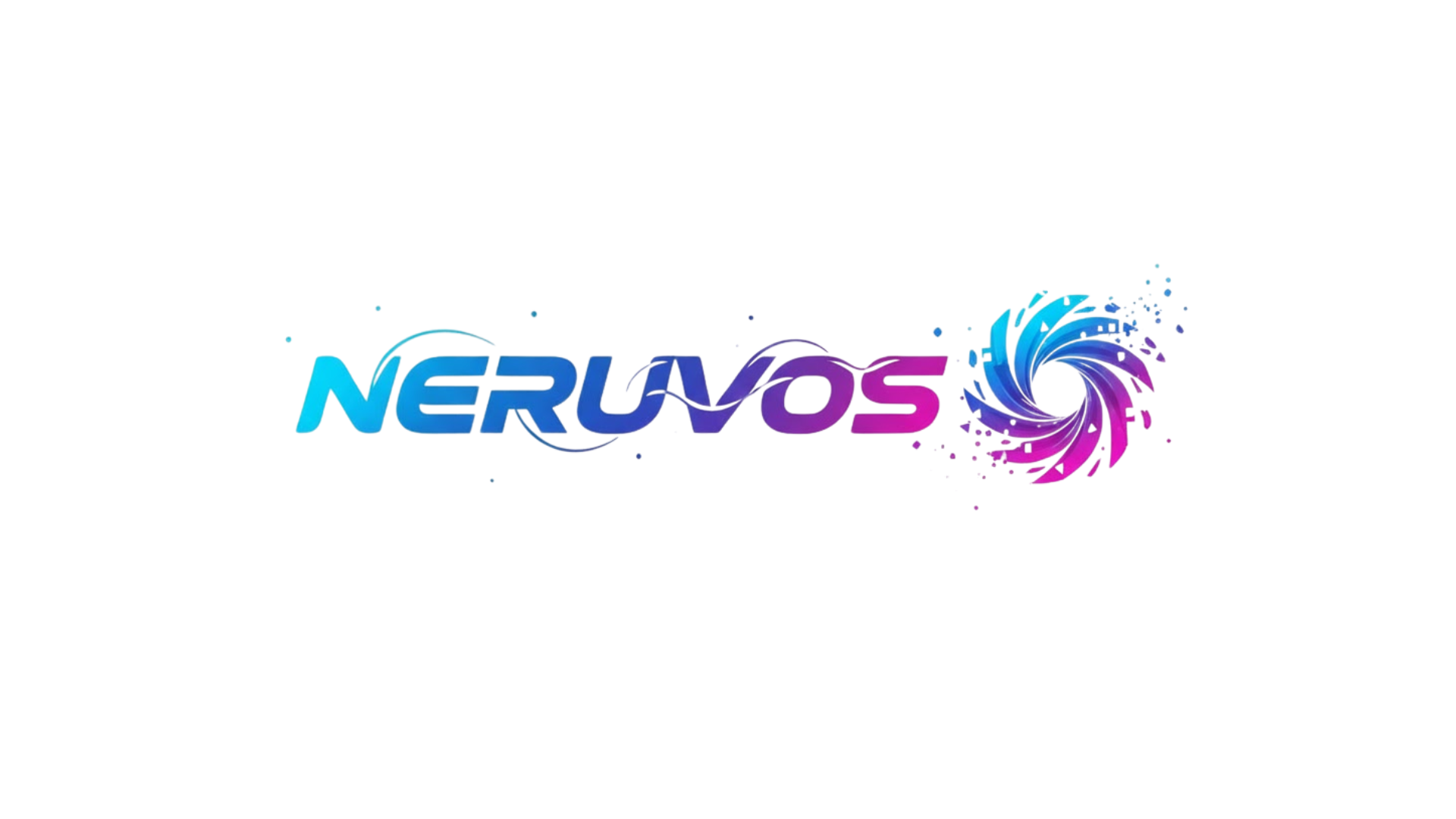Cognitive enhancement is no longer science fiction—it’s a reality reshaping how we work, learn, and compete in an increasingly demanding world.
🧠 The Rise of Brain Optimization in Modern Society
We live in an era where performance determines success, and the pressure to excel has never been greater. From Silicon Valley executives to college students preparing for exams, millions are turning to cognitive enhancement techniques to gain a competitive edge. This phenomenon raises profound questions about fairness, safety, and what it means to be human in a world where mental performance can be artificially boosted.
Cognitive enhancement encompasses a wide range of interventions designed to improve mental functions such as memory, attention, creativity, and problem-solving abilities. These interventions range from relatively benign practices like meditation and brain-training games to more controversial methods involving pharmaceutical drugs, neurostimulation devices, and even genetic modifications.
The global market for cognitive enhancement products has exploded, with estimates suggesting it will reach billions of dollars in the coming years. This growth reflects a fundamental shift in how society views human potential and the lengths individuals will go to unlock it.
Understanding the Spectrum of Cognitive Enhancement
Not all cognitive enhancement methods are created equal, and understanding the distinctions is crucial for navigating the ethical landscape. Enhancement techniques can be broadly categorized into several approaches, each with its own risk profile and ethical considerations.
Traditional and Natural Methods
At the most accessible end of the spectrum lie traditional cognitive enhancement practices that have existed for centuries. Regular physical exercise, adequate sleep, proper nutrition, and meditation have all been scientifically proven to boost cognitive function. These methods are generally considered ethically unproblematic because they work with the body’s natural systems and carry minimal risks.
Education itself is a form of cognitive enhancement, training the brain to think more effectively and acquire knowledge. Learning new languages, musical instruments, or complex skills creates new neural pathways and strengthens cognitive reserves. Few would argue these practices are ethically questionable.
Digital and Technological Interventions
Brain-training applications and neurofeedback systems represent a middle ground in the enhancement spectrum. These tools promise to improve specific cognitive abilities through targeted exercises and real-time monitoring of brain activity. While their effectiveness remains debated in scientific circles, they’re widely accessible and pose minimal physical risks.
The digital cognitive enhancement market includes apps designed to improve memory, attention span, problem-solving skills, and mental flexibility. These platforms use gamification and adaptive algorithms to personalize training regimens, though research on their long-term benefits shows mixed results.
Pharmaceutical Cognitive Enhancers
The most controversial category involves prescription medications used off-label for cognitive enhancement. Drugs like modafinil, methylphenidate (Ritalin), and amphetamine-based medications (Adderall) were developed to treat specific medical conditions but are increasingly used by healthy individuals seeking a mental boost.
Studies suggest that 10-20% of college students have used prescription stimulants for academic enhancement, and this number appears to be growing. Professionals in high-pressure fields report similar usage patterns, particularly when facing important deadlines or competitive situations.
⚖️ The Ethical Dimensions of Cognitive Enhancement
The ethics of cognitive enhancement cannot be reduced to simple right or wrong answers. Instead, we must consider multiple competing values and potential consequences that affect individuals and society as a whole.
The Autonomy Argument: Freedom to Enhance
Proponents of cognitive enhancement often invoke personal autonomy as a fundamental principle. If adults have the right to make informed decisions about their own bodies and minds, shouldn’t they be free to use safe enhancement methods? This perspective emphasizes individual liberty and the right to self-improvement.
The autonomy argument becomes particularly compelling when considering the consistency principle. Society already accepts numerous forms of enhancement—cosmetic surgery, corrective eyewear, caffeine consumption, and intensive education. Why should cognitive enhancement be treated differently if individuals are making informed choices?
The Fairness Question: Creating Unequal Playing Fields
Critics argue that widespread cognitive enhancement could exacerbate existing social inequalities. If enhancement technologies remain expensive or require insider knowledge to access safely, they could create a cognitive divide between the enhanced elite and everyone else. This concern is particularly acute in educational and professional contexts where enhanced individuals might gain unfair advantages over their unenhanced peers.
The fairness issue extends to questions of coercion. If cognitive enhancement becomes normalized in certain professions or academic institutions, will individuals feel pressured to enhance just to remain competitive? This scenario could undermine the voluntary nature of enhancement and create environments where non-enhancement is effectively penalized.
Safety and Long-Term Consequences
The long-term effects of many cognitive enhancement methods remain poorly understood, especially for pharmaceuticals used off-label by healthy individuals. While these drugs have established safety profiles for their intended medical uses, their effects when taken regularly by people without medical conditions are less clear.
Potential risks include dependency, cardiovascular problems, psychological side effects, and unknown interactions with normal brain development in young users. The precautionary principle suggests we should be cautious about widespread adoption of enhancement technologies until comprehensive long-term studies are available.
💼 Cognitive Enhancement in Professional Settings
The workplace has become a focal point for cognitive enhancement debates. In industries where mental performance directly impacts productivity and competitiveness, the temptation to enhance is particularly strong. Tech companies, financial institutions, academia, and creative industries report the highest rates of cognitive enhancer use.
The Productivity Paradox
Employers face a dilemma regarding cognitive enhancement. On one hand, enhanced employees might be more productive, creative, and capable of handling complex tasks. On the other hand, encouraging or tacitly accepting enhancement use could create liability issues, health concerns, and ethical problems around workplace coercion.
Some organizations have begun developing explicit policies on cognitive enhancement, though these remain rare. Most companies maintain ambiguous positions, neither explicitly endorsing nor prohibiting enhancement while monitoring the situation’s development.
Professional Ethics and Enhancement
Different professions may require different ethical frameworks for cognitive enhancement. Surgeons, pilots, and others in safety-critical roles might face stronger arguments for allowing enhancement if it genuinely improves performance and reduces errors. Conversely, competitive fields like academia or law might need restrictions to maintain fairness.
Professional organizations increasingly recognize the need to address cognitive enhancement explicitly. Medical associations, legal bars, and academic institutions are beginning to develop guidelines, though consensus remains elusive.
🎓 The Student Enhancement Dilemma
Educational institutions face particularly acute enhancement challenges. Student use of cognitive enhancers has risen sharply over the past two decades, driven by competitive pressures, heavy workloads, and peer influence. This trend raises fundamental questions about educational values and fairness.
Learning Versus Performance
A crucial distinction exists between enhancing learning—the acquisition of knowledge and skills—and enhancing performance on specific assessments. If enhancement merely helps students stay awake longer to cram for exams without improving genuine understanding, its educational value is questionable.
Research suggests that some cognitive enhancers may improve focus and attention in the short term but don’t necessarily enhance actual learning or long-term retention. This finding suggests that enhancement-assisted academic success might be somewhat illusory, raising questions about whether the benefits justify the risks.
Institutional Responses to Student Enhancement
Universities have adopted various approaches to student cognitive enhancement. Some treat unprescribed use of enhancement drugs as academic misconduct similar to plagiarism. Others focus on education about risks and alternatives. Still others largely ignore the issue, unsure how to address it effectively.
The most progressive institutions are examining why students feel compelled to enhance in the first place, addressing underlying issues like unrealistic workloads, toxic competitive cultures, and inadequate support for struggling students.
🔬 Scientific Research on Enhancement Effectiveness
Understanding what cognitive enhancement actually achieves is crucial for informed ethical discussion. Scientific evidence on enhancement effectiveness is mixed and often misunderstood by the public.
What the Research Actually Shows
Pharmaceutical cognitive enhancers show modest effects in healthy individuals, typically improving focus and wakefulness rather than dramatically boosting intelligence or creativity. Effects are often more pronounced in individuals who are sleep-deprived or performing tedious tasks rather than in well-rested people doing complex creative work.
Brain-training applications show limited transfer effects—improvements on the specific tasks practiced rarely generalize to broader cognitive abilities. This finding challenges marketing claims that such apps can significantly raise overall intelligence or mental performance.
Traditional enhancement methods like exercise, sleep optimization, and stress management often show effects comparable to or exceeding pharmaceutical interventions, without the associated risks. This evidence suggests that many people might achieve their enhancement goals through safer, more natural means.
🌍 Cultural and Global Perspectives on Enhancement
Attitudes toward cognitive enhancement vary significantly across cultures, reflecting different values regarding human nature, competition, and the relationship between individual and society. These cultural differences complicate efforts to develop universal ethical frameworks.
Some Asian cultures with strong educational achievement emphases show relatively high acceptance of cognitive enhancement, viewing it as an extension of traditional study aids. Western cultures display more ambivalence, balancing individualistic autonomy values against fairness and authenticity concerns.
Religious and philosophical traditions offer diverse perspectives. Some emphasize the importance of accepting natural human limitations, while others celebrate human creativity and self-improvement as fundamental goods. These deep worldview differences ensure that cognitive enhancement will remain contested territory.
🔮 Future Trajectories and Emerging Technologies
Current cognitive enhancement methods may seem primitive compared to technologies on the horizon. Brain-computer interfaces, genetic modifications, and advanced neurostimulation techniques promise far more powerful enhancement capabilities, intensifying ethical debates.
The Transhumanist Vision
Transhumanists argue that humanity should actively pursue cognitive enhancement as part of a broader project to transcend biological limitations. From this perspective, enhancement isn’t just permissible but morally imperative—a way to reduce suffering, increase flourishing, and expand human potential.
Critics of transhumanism worry about losing essential aspects of human nature, exacerbating inequalities, and unintended consequences of dramatically altering human cognition. They argue for enhancement limits that preserve human dignity and social cohesion.
Regulatory Challenges Ahead
Current regulatory frameworks are poorly equipped to handle emerging enhancement technologies. Drugs are regulated based on medical necessity, not enhancement potential. Brain-computer interfaces fall into uncertain categories between medical devices and consumer electronics. Genetic interventions raise entirely new regulatory questions.
Developing appropriate regulatory approaches requires balancing innovation encouragement with safety protection, individual liberty with social fairness, and immediate benefits against long-term consequences. International coordination will be essential as enhancement technologies respect no borders.
🤝 Building an Ethical Framework Forward
Rather than seeking definitive answers to whether cognitive enhancement is right or wrong, we need practical frameworks for navigating enhancement decisions ethically. Several principles can guide this process.
First, informed consent must be central. Individuals considering enhancement should understand both potential benefits and risks, free from coercion or manipulation. This requirement demands better research communication and honest assessment of current scientific evidence.
Second, fairness considerations should inform access and regulation. If society accepts cognitive enhancement, mechanisms should ensure technologies don’t simply amplify existing inequalities. This might involve subsidized access for disadvantaged groups or restrictions on enhancement in competitive contexts.
Third, safety must be paramount. Enhanced performance is worthless if achieved at the cost of long-term health problems. Robust testing requirements and post-market surveillance should apply to all enhancement technologies.
Fourth, we must preserve space for non-enhancement. As enhancement becomes more common, society should protect individuals who choose not to enhance from discrimination or competitive disadvantage. This protection might require explicit policies in educational and professional settings.
🎯 Making Personal Enhancement Decisions
For individuals considering cognitive enhancement, several questions can guide ethical decision-making. What are your true motivations for seeking enhancement? Are you addressing genuine personal goals or responding to external pressures? Have you explored safer alternatives like sleep optimization, exercise, or stress management?
Do you fully understand the potential risks and limitations of the enhancement method you’re considering? Are you consulting qualified professionals rather than relying on internet forums or peer recommendations? Would you feel comfortable being public about your enhancement use?
These questions can help distinguish thoughtful enhancement decisions from impulsive choices driven by anxiety or competition. They encourage reflection on values and priorities beyond simple performance optimization.

💡 Reimagining Success Beyond Enhancement
Perhaps the most important ethical question about cognitive enhancement is whether we’re asking the right question at all. The enhancement debate often assumes that maximizing cognitive performance is an unqualified good, but this assumption deserves scrutiny.
Human flourishing involves much more than optimized mental performance. Relationships, meaning, creativity, rest, and acceptance of limitation all contribute to good lives. An enhancement-obsessed culture might sacrifice these goods in pursuit of ever-higher performance standards.
Rather than simply asking how we can enhance cognition, we might also ask how we can build societies that don’t demand constant cognitive optimization. This could involve restructuring work to be less cognitively demanding, reforming education to reduce stress and competition, and cultivating values beyond productivity and achievement.
The ethics of cognitive enhancement ultimately reflect broader questions about what kind of society we want to create and what it means to live well as humans. These questions have no simple answers, but grappling with them honestly is essential as enhancement technologies become increasingly powerful and accessible. By engaging thoughtfully with enhancement ethics, we can work toward futures that expand human potential while preserving our deepest values and commitments.
Toni Santos is an education futurist and learning design researcher dedicated to reimagining how people build skills in a fast-changing world. With a focus on cognitive tools, EdTech innovation, and equitable access, Toni explores systems that help learners think deeper, adapt faster, and learn for life. Fascinated by the science of learning and the power of technology to personalize growth, Toni’s journey bridges classrooms, startups, and global initiatives. Each project he shares is an invitation to transform education into a continuous, human-centered experience—where curiosity, practice, and purpose align. Blending learning science, product design, and policy insight, Toni studies models that turn knowledge into capability at scale. His work highlights how thoughtful design and inclusive technology can unlock talent everywhere—across ages, cultures, and contexts. His work is a tribute to: Cognitive learning tools that make thinking visible and transferable EdTech innovation that expands access and personalizes pathways Lifelong learning systems that support relevance, resilience, and purpose Whether you’re building a learning product, shaping policy, or growing your own skills, Toni Santos invites you to design learning for tomorrow—one insight, one practice, one empowering pathway at a time.




